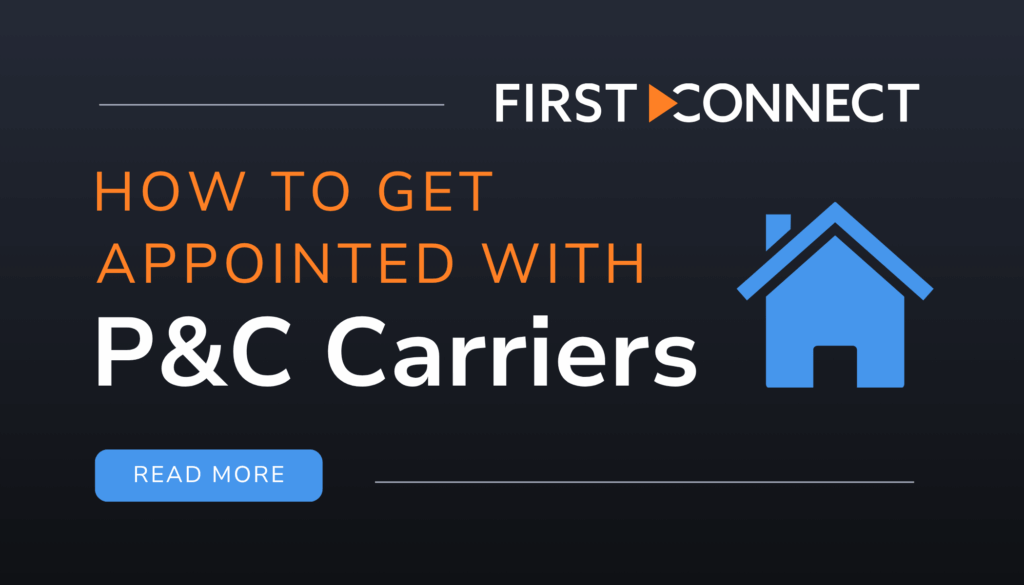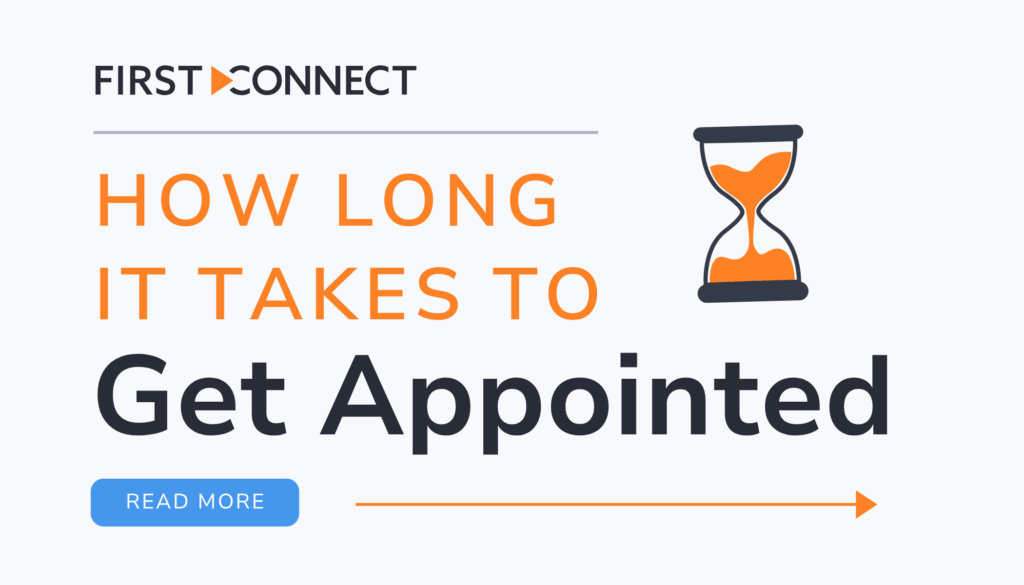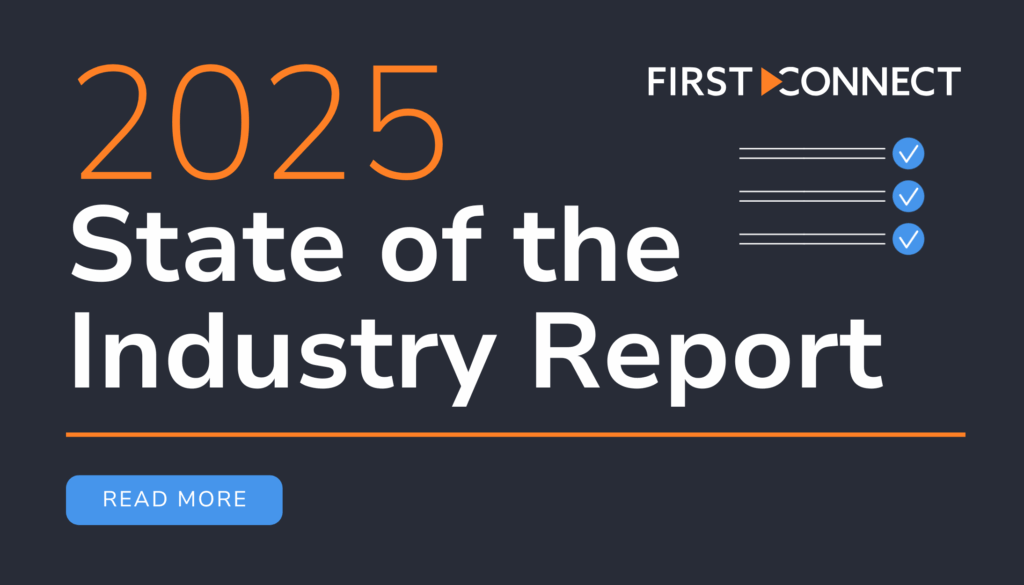The Impact of an MGA in Insurance: Key Services Offered
In the insurance world, there are numerous acronyms to know; however, “MGA” might be one of the most important for your business clients and your brokerage.
Managing General Agents (MGAs) are often confused with wholesale brokers, but they operate under distinct models. While MGAs are sometimes granted underwriting authority, earning them the alternate label of Managing General Underwriters (MGUs), not all MGAs perform underwriting functions, and not all wholesalers qualify as MGAs.
When you, as an independent agent, work with an MGA, you can reach markets, carriers, and insurance products that would otherwise be difficult to access. Partnering with an MGA helps you respond faster to changing coverage needs and can set you up for greater success.
Want to know what exactly MGA insurance means? This article will help you explore the MGA definition, including the benefits and actionable tips to choose the right MGA to partner with.
- Some MGAs have delegated authority to quote and bind policies, and in certain cases underwrite or handle claims—while others provide market access without underwriting authority.
- When you work with a good MGA, agents get access to specialty markets, faster service, and support from carriers with expert underwriting.
- Choosing the right MGA requires evaluating their reputation, technology, commission structure, and support services.
Independent Agent?
Accelerate Your Agency’s Success
What is an MGA in insurance?
Wondering, ‘what does MGA mean and stand for in insurance?’
A Managing General Agent (MGA) in insurance is a specialized type of intermediary that acts on behalf of an insurance carrier and handles underwriting, pricing, binding, and issuing policies.
Unlike traditional agents or brokers who primarily sell policies, MGAs are given authority by insurers to act almost like a mini-insurance company within defined limits.
They are often used when carriers want to enter niche markets, scale operations efficiently, or provide more personalized service without the overhead of managing these activities internally.
MGAs in the insurance industry offer a solution for both carriers and agents. For carriers, they reduce administrative costs and allow rapid entry into new markets.
For agents, they provide easier access to products, streamlined service, and expert support tailored to specific industries or coverage types.
Now that you know what an MGA in insurance is, let’s learn how MGAs partner with insurance companies.
What does an MGA in insurance do?
MGAs are more than just intermediary agents or brokers – they’re a trusted, delegated extension of the insurance company.
Insurance carriers might grant MGAs limited authority to perform certain functions, such as quoting, binding, or requesting appointments, but this authority varies widely and doesn’t always extend beyond what typical agents can do. Thanks to this authority, MGA insurance companies can move faster and deliver more customized solutions to agents and their clients.
Here are a few key responsibilities of MGA insurance brokers:
- Underwriting: MGAs help evaluate client risks and determine coverage needs.
- Policy binding: They have the power to legally bind coverage, which offers faster turnaround times for agents and clients.
- Policy issuance: Agents that are part of MGA platforms can bind and issue finalized insurance policies directly to customers, streamlining the entire process.
- Claims handling (in some cases): Some MGAs manage or assist in the claims process. Often, this reduces pressure on the primary insurer and helps resolve claims quickly.
- Risk management services: They often provide clients with advice and services to prevent losses before they occur.
- Training and support: MGAs also provide tools, training, and marketing support to help agents sell more effectively.
In short, MGAs operate like agile, specialized partners that give agents easier access to markets without the hurdles of securing direct appointments. With added support, faster service, and more flexible product options, MGAs help agents deliver better solutions to their clients more efficiently.
MGA vs. Aggregator vs. Wholesaler
When you explore the insurance world, it’s essential to understand the differences between managing general agents (MGAs), aggregators, and wholesalers. This is because each plays a unique role in the distribution of insurance products and offers a different level of service and authority.
Let’s explore each.
- MGA: MGAs are granted underwriting authority by an insurance carrier and can quote, bind, and issue policies. Also, they can appoint agents and give them the authority to bind coverage under the MGA’s agreements.
- Aggregator (or Cluster): Aggregators do not have underwriting authority, like MGAs. They provide market access, support services (such as marketing and technology tools), and sometimes profit-sharing opportunities.
- Wholesalers: Similar to aggregators, wholesalers also do not have underwriting authority. They act as intermediaries between retail agents and specialty carriers. Agents submit risks to wholesalers, who then help find suitable carriers and submit the applications on their behalf. Often, they have access to specialty and excess/surplus lines markets but depend on carriers for binding authority.
What are the key benefits of working with an MGA
Partnering with a competent Managing General Agent (MGA) can open up many new opportunities for insurance agents and agencies.
That’s because MGAs offer more than just access to insurance products — they provide expertise, speed, flexibility, and growth potential that can help agencies stand out in a competitive market.
Without any further ado, here are some potential benefits you can leverage when working with an MGA:
- Quicker turnaround times: Since MGAs have the authority to quote, bind, and issue policies without waiting for a carrier’s direct approval, they can offer faster service to agents and clients. For example, if an agent needs to secure a policy for a contractor within 24 hours, an MGA can often make that happen. This faster response time can make a big difference when trying to close deals and meet client deadlines.
- Access to niche markets: Standard insurers often have limited appetites for unique or higher-risk businesses. MGAs fill this gap by developing programs for specialty industries or unusual risks. Whether it’s insurance for a cannabis business, a tech startup, or a nonprofit organization, MGAs often offer products that traditional carriers won’t touch, allowing agents to serve a wider range of clients.
- Expert underwriting support: MGAs typically focus on specific lines of business and bring deep industry expertise to the table. This means agents can get more than just a policy — they can get underwriting advice and guidance on complex accounts. For instance, if an agent is trying to insure a cybersecurity firm, working with an MGA that specializes in tech risks can lead to better coverage solutions and a higher chance of winning the account.
- Growth opportunities: By expanding the range of products they can offer through an MGA’s network, agents can tap into new markets, serve more clients, and ultimately grow their books of business faster.
- Pre-built flexibility: While MGAs don’t create custom policy terms themselves, they often offer access to a broader range of carrier-approved options and endorsements. This allows agents to quote more efficiently and match clients with tailored solutions from available market offerings, without needing direct carrier appointments.
Tips for selecting the most qualified and competent MGA to work with
Believe it or not, choosing the right Managing General Agent (MGA) can make a significant difference in your agency’s growth and client satisfaction. While there are many MGAs available, not all are created equal. To find the best fit, agents should consider several key factors closely.
Here are First Connect’s top tips to select the most qualified and competent MGA to partner with:
Evaluate their carrier relationships
A strong MGA will have established partnerships with financially sound, reputable insurance carriers. It’s important to work with MGAs who have access to A-rated or better insurers.
This ensures that your clients’ policies, whether for property, auto, or liability coverage, are backed by companies with solid claims-paying abilities. Poor carrier relationships can damage your agency’s reputation if claims are not handled well.
Check their specialization
When comparing MGA vs. broker options, specialization often sets MGAs apart. Ask yourself: Does this MGA specialize in the industries you serve?
For instance, if you primarily insure small tech firms or construction companies, look for an MGA that understands these markets inside and out.
An MGA who knows the specific risks and needs of your clients can offer better underwriting, more tailored products, and ultimately, greater client satisfaction.
Review technology capabilities
Modern MGAs should make your job easier, not harder. Look for MGAs that offer user-friendly portals, real-time quoting systems, online policy management, and automated renewal tracking.
These tools can save you countless hours and reduce errors. Remember, efficient technology isn’t just a “nice to have” anymore – it’s essential in today’s fast-moving insurance landscape.
Assess service levels
Responsiveness matters. A great MGA acts like a true partner, not just another vendor. Make sure to ask MGAs about their average turnaround times for quotes, how efficiently they facilitate access to carrier underwriters, and whether they assist with claims support.
Fast, knowledgeable service can make or break your ability to close deals and retain clients.
Investigate reputation and references
Before committing to an MGA, do your homework. Check online reviews, browse insurance industry forums, and don’t hesitate to ask the MGA for references from current agent partners.
Other agents’ experiences can give you valuable insights into what working with that managing general agent (MGA) will really be like.
Understand commission structures
It’s important to clearly understand how you’ll be compensated. Some MGAs offer generous commissions, but others may have hidden costs, production minimums, or fees known as access or platform fees.
Therefore, always ask about book ownership, non-competes, commission splits, bonus opportunities, and any minimum production requirements. Knowing this upfront avoids unpleasant surprises later.
Confirm training and marketing support
Top-performing MGAs don’t just hand you products; they actively help you sell them. Look for MGAs that provide ongoing training, marketing resources, webinars, and co-branded sales tools.
This kind of support can empower you to grow your business book faster and stay ahead of the competition.
Ready For Takeoff?
Access New Markets & Skyrocket Your Agency
Conclusion
MGAs can have a massive impact on the insurance industry. Not only do they bring specialization and efficiency, but they also provide access to both agents and carriers.
Make sure to choose the right MGA partner, with strong carrier relationships, excellent technology, and a focus on agent success. This helps insurance professionals unlock faster service, more niche opportunities, and a more scalable business model.
Whether you’re a new agent looking to break into specialty lines or an established agency looking to expand efficiently, partnering with a high-quality MGA in insurance could be one of the smartest moves you make.



